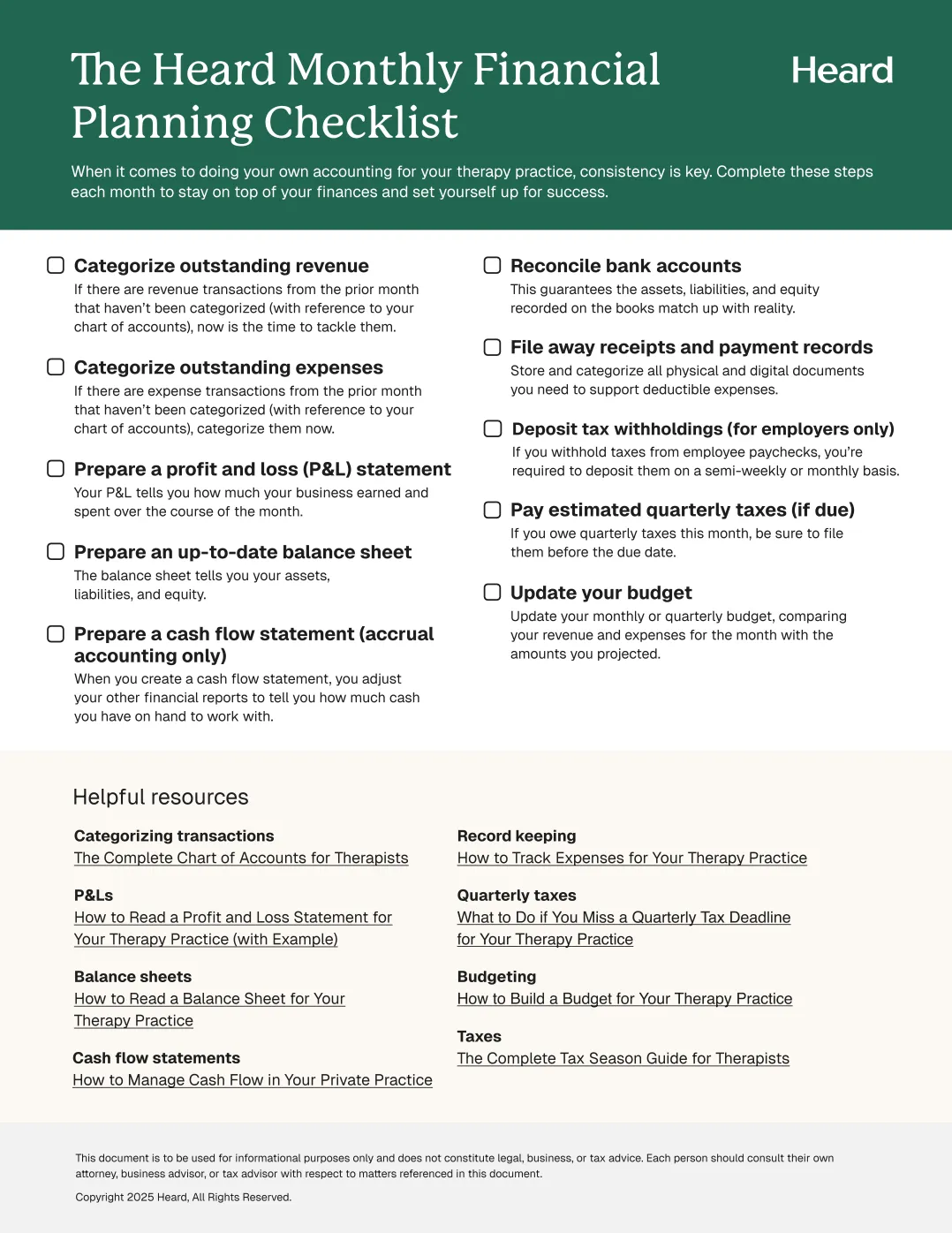This article is co-authored by Mentaya
As a therapist, discussing money-related issues with clients can feel awkward and at odds with being a caring, supportive clinician.
There is a real fear that if you say the wrong thing you could damage your relationship with a client. However, addressing financial topics is not only an unavoidable part of the job, it can actually help you build a stronger therapeutic alliance.
Let's talk about some practical tips for discussing your rates at that first consultation call. These takeaways will empower you to handle awkward money moments effectively, with empathy and clarity.
{{resource}}
Do get clear on your rates before you get on the call
Decide what your rate is before getting on the call. Do you offer sliding scale? What will you say if a client asks for a discount?
The first step before any conversation is to be clear in your own mind about your position.
Don’t go into too much detail
You’ve just told a prospective client your session rate, take a breath. It can be scary to wait in the silence as your client mulls it over, but don’t give in to the pull of justifying your rate or policy. Let your expertise speak for itself.
Giving more detail can imply that there is something wrong with your rate or that you are not confident in requesting it. Avoid justifying your fees excessively, as it may undermine your confidence.
Do determine your policies in advance
Are you willing to meet in-person? If so, how often? When and where?
Do you take insurance? If not, are you “insurance friendly?” Meaning you’re open to clients working with a platform like Mentaya to get you reimbursed for therapy?
Don’t speak too fast
When you speak quickly it can raise red flags. Make sure to to take your time and pause throughout the conversation to leave space for questions.
Speaking at a calm, moderate pace indicates that your are confident and secure in the policies and rates you are discussing.
Do follow-up in writing
It’s always good to provide written documentation after a conversation to avoid any misunderstandings. It can be as simple as a quick email following up with forms and recapping the rates and policies you discussed.
Given you’re likely to repeat the same content with many clients, its always handy to have a template ready to copy & paste.
Don’t expect clients to sign-up straight away
It’s important to give prospective clients time to think things over. Many make the mistake of indicating they would be willing to consider a lower rate when they don’t get an immediate response.
It can be helpful to acknowledge that entering into therapy is a significant investment of time and money. Encourage clients to discuss their budget with their partners and get back to you.
Do offer to refer clients to other therapists
This signals to clients that you are not just in it for the money, but genuinely care about helping them find support. Making a genuine offer like this can reinforce your rapport.
Navigating expectations around money is not only a logistical chore, but can actually set the tone to your therapeutic relationship. When you discuss your rates and policies you are modeling boundary setting and how to navigate a uncomfortable topic where people express differing needs.
—
Mentaya helps therapists attract and retain clients at their full cash rate. Mentaya gets clients 70% back on therapy without therapists or clients lifting a finger! Try it risk-free for 30 days using promo code HEARD.
This post is to be used for informational purposes only and does not constitute legal, business, or tax advice. Each person should consult their own attorney, business advisor, or tax advisor with respect to matters referenced in this post.
{{cta}}
Manage your bookkeeping, taxes, and payroll—all in one place.

Discover more. Get our newsletter.
Get free articles, guides, and tools developed by our experts to help you understand and manage your private practice finances.





